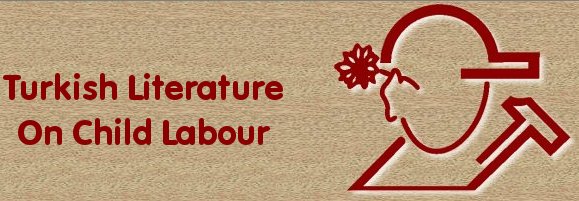Gender, Education and Child Labour in Turkey
Title of the Study: Gender, Education and Child Labour in Turkey
Type of the Study: Research – Evaluation Report (The work has been conducted within the scope of the ILO-IPEC Programme.)
Author of the Study: Prof.Dr. Yakın Ertürk
Assoc.Prof.Dr. Meltem Dayıoğlu
Presentation,,
Year/Place of Publication: 2004, Geneva
Language of the Study: English
Number of Pages: 170
Purpose: This study examines the connections between gender, education and child labour and the subject has been considered from a new perspective in consideration of ILO-IPEC projects conducted and completed in Turkey. Considering child labor only from a commercial perspective, many areas not made for money but child labour is exploited are excluded. Particularly the works done by female children are important here. Considering schooling ratios and education years, there are differences with regards both the areas worked and education received by girls and boys.
Content: First part focuses on the concept of child labour and gives a brief of child labour in Turkey. Part 2 explains the contents and purposes of ILO-IPEC projects conducted in Turkey. Part 3 discusses the concept of gender with regards child labor. Part 4 give macro-level analyses and addresses development, human development, demographic profile, economical environment, income distribution, educational system and regional-sexual differences. Part 5 studies the opportunities and challenges regarding schooling. Part 6 focuses on employment and school participation issues. And Part 7 gives a conclusion.
Method: This study generally adopts a conceptual perspective and to support this, it has benefited from the Household Labour survey conducted in 1994-1999 by DIE.
This study first addressed the concepts of variety of works, and sexuality-based labour. From this sexuality perspective, social-sectoral labor force distribution and from here where the child labour is situated in this sexuality-based labor distribution is have been touched. To do this, micro, meso and macro level analyses have been resorted as supplementary.
Excerpt: ‘This book began with the objective to examine the gender differentials in child labour and educational attainment of children in Turkey. The underlying motivation behind this endeavour was to contribute to development of an integrated approach to gender, education and child labour so that effective intervention strategies may be developed to eradicate child labour while increasing the educational attainment of boys and girls and to overcome existing gender disparities.
Some keywords: gender discrimination, apprentices, apprentice training, human development, socio-economic level
